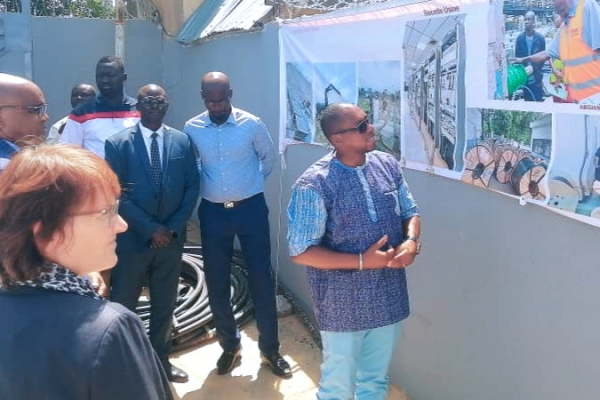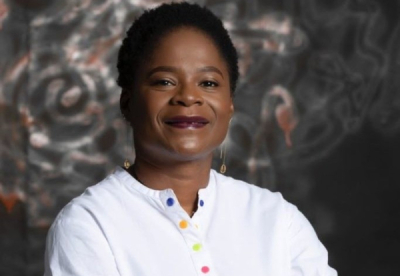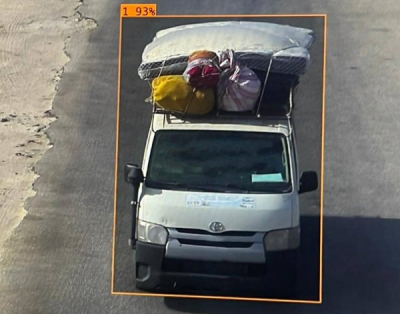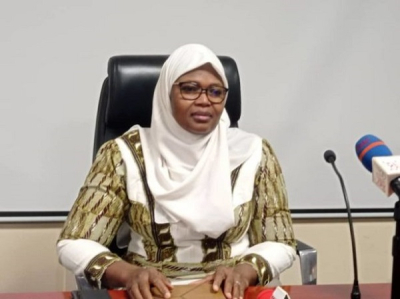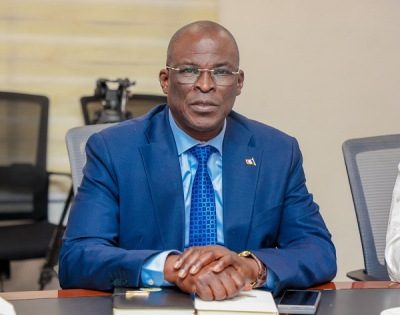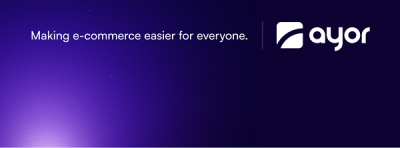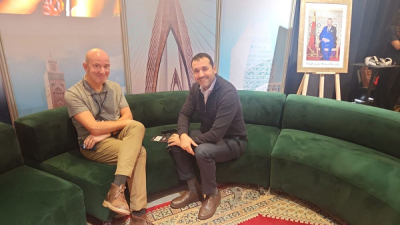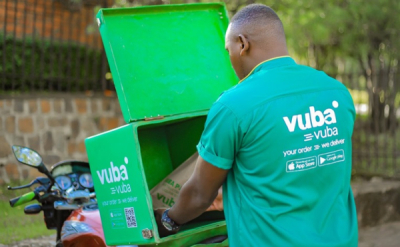As a landlocked country, Chad is focusing on interconnections with coastal neighbors that have direct access to submarine cables. These connections are currently limited, as the country is only linked to Cameroon and Sudan.
In Chad, the European Union (EU) and the African Development Bank (AfDB), partners in the Trans-Saharan Fiber Optic Backbone project, have expressed overall satisfaction with the progress of the work. On Thursday, October 24, a delegation from both institutions accompanied Boukar Michel, Chad’s Minister of Telecommunications and Digital Economy, on a site visit in N'Djamena.
According to Brahim Abdelkerim, Secretary General of the Ministry, approximately 100 kilometers remain to be installed to complete Chad’s section of the backbone. The project includes a 559-kilometer stretch to the Niger border and a 50-kilometer metropolitan network in the capital. The completion is expected by the end of the year or early 2025.
This positive assessment comes around six months after Boukar Michel’s previous visit, during which he criticized the slow pace of work and hinted at potential “drastic measures.” In May 2023, the government revived the project, initially launched in 2020. The consortium CGPS/LORYNE, responsible for the execution, was originally scheduled to complete the work within ten months. The project, costing 20.5 billion CFA francs (approximately 33.9 million USD), is financed by the EU and the AfDB, with the Chadian government contributing 1.6 billion CFA francs.
This infrastructure is critical for strengthening Chad’s national telecom network. The landlocked country currently relies mainly on Cameroon and Sudan for international internet capacity, and disruptions in these countries’ fiber optic transport networks often cause significant telecommunications issues in Chad, particularly for internet access.
According to N'Kodia Claude, a representative from the AfDB, Chad will gain access to submarine landing points via Niger, facilitating its connection to international cables. Niger shares borders with coastal countries like Benin, Nigeria, and Algeria, each of which has access to at least three submarine cables. This interconnection is expected to improve the quality of Chad’s internet network while enhancing its redundancy.
Isaac K. Kassouwi


